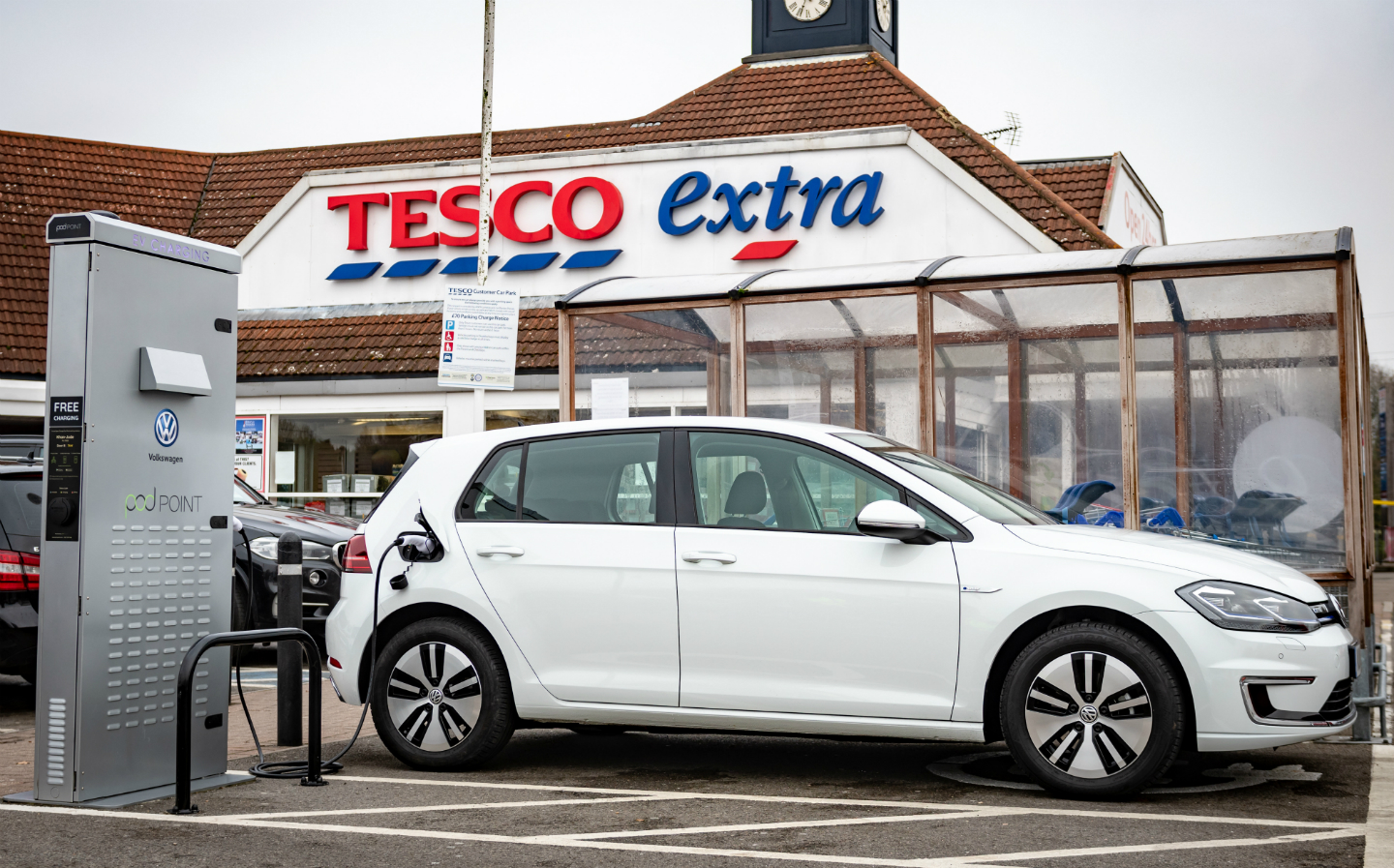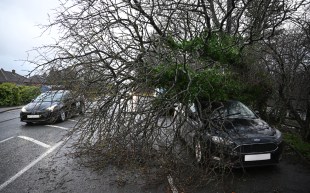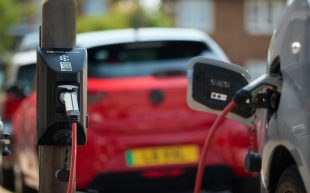How much does it cost to charge an electric car?
Shocking news
WITH RECENT fuel price rises at forecourts across the UK, there has been a surge in interest in electric vehicles. While EVs still can’t quite match their petrol or diesel counterparts for driving distance on a single charge, an EV is much cheaper to ‘fill up’ and you can save hundreds of pounds in fuel costs as a result. We’ve taken a look at the numbers, but the answers aren’t quite as clear-cut as you might expect.
How much does it cost to charge an electric car?
The simple answer is that it depends. But whatever the cost, it’s likely to be far less than you’d pay for liquid fuel to cover the same distance. There is a formula that tends to apply to charge points, which is that the faster or more powerful the charge point, the more expensive it’s likely to cost to charge an EV.
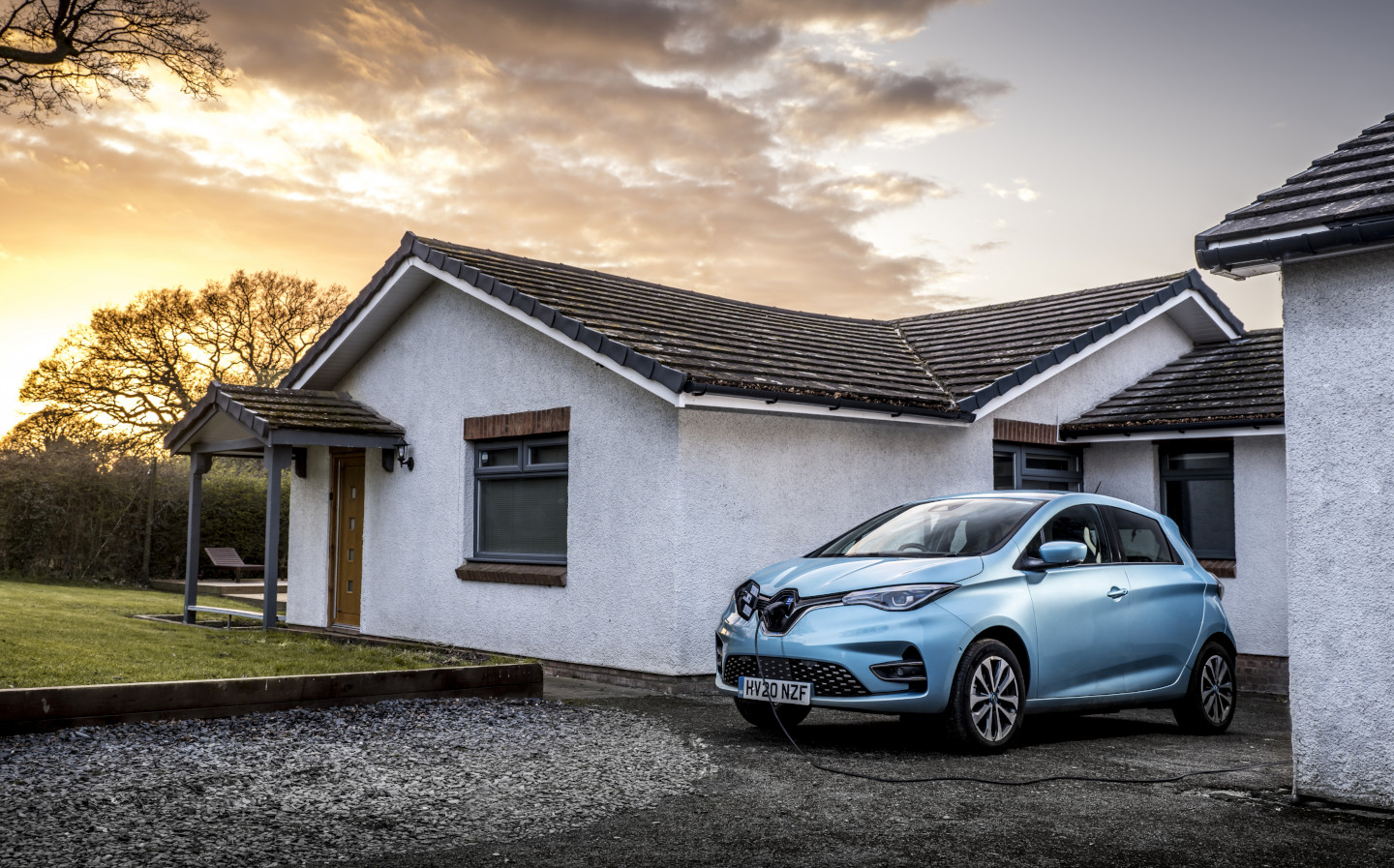
Is it cheaper to charge an electric car at home?
Charging at home is one of the cheapest ways to run an electric car. If you’re on an electricity tariff that has peak and off-peak charging costs, then you can even schedule an EV to charge when the lower rate is active. The ability to charge at home via a wallbox rated at 7-11kW means your EV can be fully charged every time you leave the house, too.
Cost of charging electric cars at public stations
The cost of a public charge point will vary according to its location, facilities and its charging speed. Free charging is available in some locations at relatively low charging rates from 7-22kW, but often you will have to sign up with a charging provider to access these points in the first place.
Other public charging networks will offer costs on a per kilowatt-hour (kWh) basis, and these could range from between 20-40p per kWh. Expect to pay the latter at charge points at motorway service stations and other busy locations. It’s now possible to use these facilities just by using a contactless credit or debit card, but you can benefit from lower charging costs if you sign up.
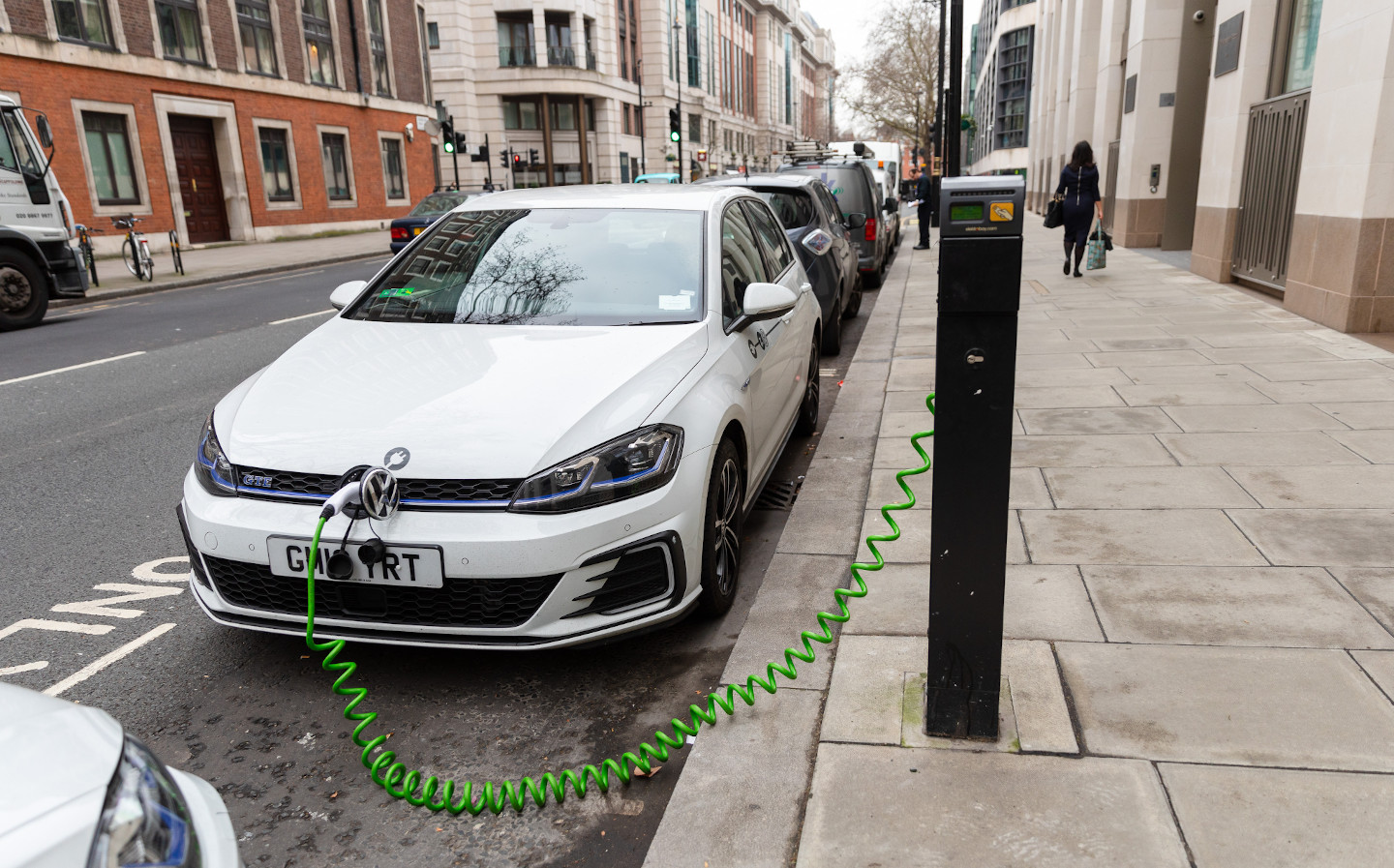
Cost of charging electric cars at home
Plug your EV in at home, and it’s the most economical way of charging. The most efficient way to charge is via a wallbox, but how much you pay will depend on the size of your car’s battery and your tariff. Expect to pay around £5 to add 200 miles of range to an EV – a lot less than it would cost to fill a petrol or diesel car to cover the same distance.
Cost of charging electric cars at work
Work charge points are likely to be included in business charging rates, so this is a vague area when it comes to costs. However, this is still likely to be a cheaper way of charging than using public charge points, and probably cheaper than home charging, too.
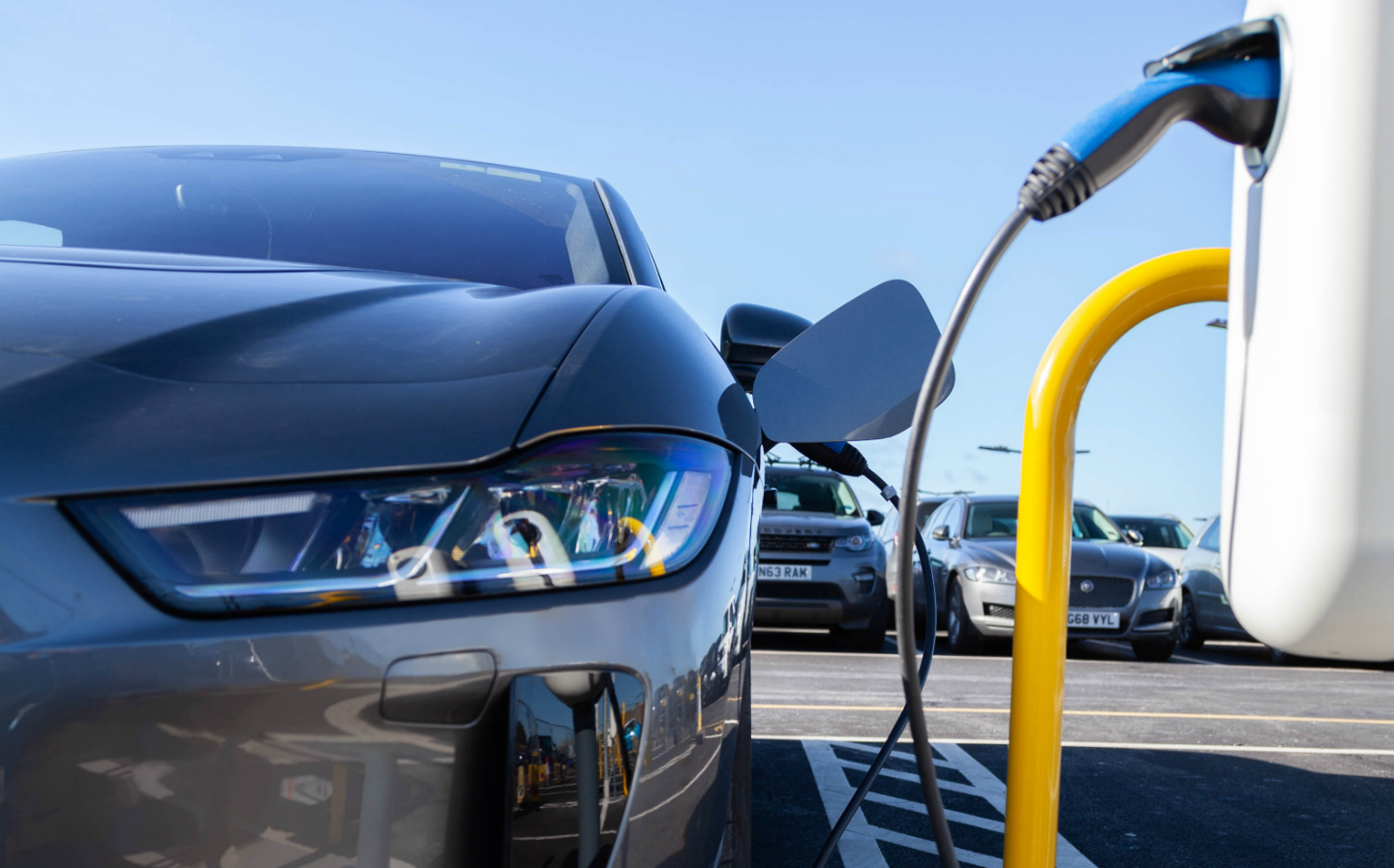
Cost of charging an electric car at rapid chargers
Rapid chargers usually carry a far higher cost, because you’re paying for the site to be able to provide a high-voltage power supply. Expect costs of up to 70p per kWh. You’re paying for the convenience, in effect.
Tweet to @Shane_O_D Follow @Shane_O_D
- If you found our article on how much it costs to charge an electric car useful, you might also like to read how the electric Porsche Taycan outsells petrol-powered 911 globally
- Have you read our review of the new Kia EV6?
- Car makers’ electric vehicle plans – a brand-by-brand guide


